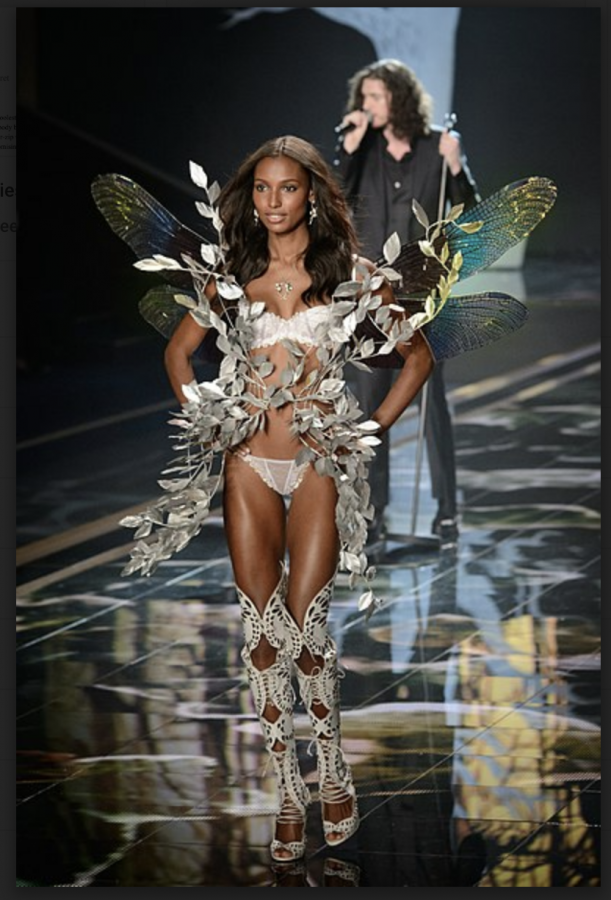The ‘Secret’ is out:
Why you should boycott Victoria’s Secret
Photo Wikimedia Commons
When I was in sixth grade, my friends and I thought it was the coolest thing in the world to shop at Victoria’s Secret. The neon colors and scent of sickly-sweet body butter would lure us in and we’d fork over our birthday money just so we could don a quarter-zip with “Pink” scrawled across the back in glittery letters. Now, six years later, I’m promising myself that I will never buy anything from Victoria’s Secret again.
The infamous lingerie brand has faced immense backlash the past few weeks after their Chief Marketing Officer, Ed Razek, made a slew of sexist and transphobic comments in a Vogue interview on Nov. 8. Razek ensured readers that his company will never feature transgender (or “transexuals,” as he called them) and plus-size models while simultaneously bashing other lingerie brands that do celebrate such inclusivity.
“The show is a fantasy,” Razek explained—a 70-year-old man, mind you. “It’s a 42-minute entertainment special.” While these comments are grotesque and heartbreaking, I can’t say that I’m surprised. I’ve been in Victoria’s Secret enough times to understand their image. They put their gorgeous, thin models—quite literally called “Angels”—on pedestals while subtly telling those who don’t look like them to maybe hit the gym (in a new VS sports bra, of course).
According to dosomething.org, a civic action campaign, 91 percent of women are unhappy with their bodies. “She’s so much prettier than me” or “I wish I had her body” are phrases I hear on the daily in the halls, in the locker rooms and from my friends. The average woman in America wears a size 16-18, but Victoria’s Secret models prance down the runway at sizes 0-6 (National Health and Nutritional Examination Surveys). Although I didn’t realize it, I was already being taught that those were the women I had to look like during those shopping trips in sixth grade.
Today, I’m choosing to shop somewhere else. Rihanna’s Savage X Fenty line or Aerie’s #AerieReal campaign are a small sampling of companies looking to celebrate women’s different body types instead of shaming them. Support for these brands is rising while Victoria’s Secret is being forced to close 20 locations nationwide, including the one in downtown Westfield.
When I walk into a lingerie shop, I want to see posters of women who look like me. I also want to see women who don’t look like me. I want to see both cis and trans women of all shapes, colors and any other distinguishing factors that might make people different from one another. I want to know that I’m shopping at a place that makes everyone feel welcome and everyone feel beautiful. And Victoria’s Secret—that’s not you.

